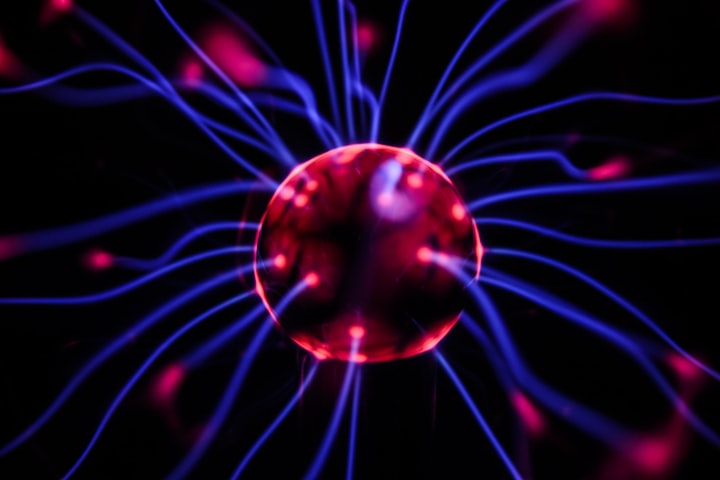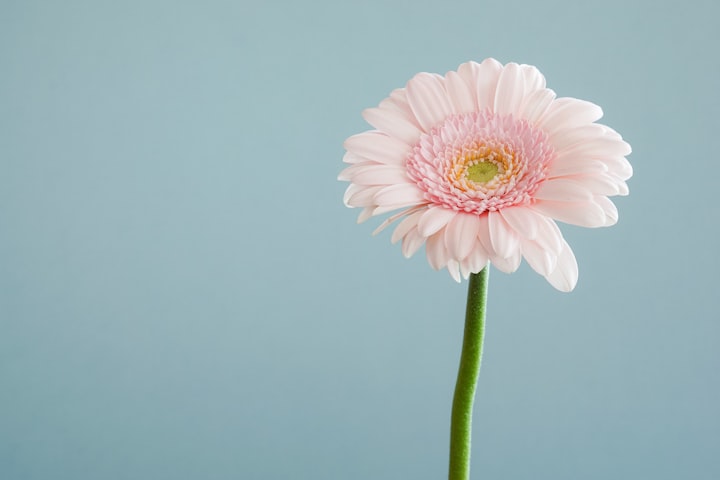Alone in a Crowd
Why everyone should experience flipping the script.

I love reading, I always have. I consume books voraciously, hungrily.
I had gone to Barnes & Noble and seen "The Immortal Life of Henrietta Lacks" several times and was intrigued, but never pulled the trigger on getting it.
I was living off the DC Beltway, recently moved, and decided I needed to make some new friends, a skill that I’m not particularly adept at, as a kind of nerdy introvert. But perhaps if I could find other readers, a book club, I would be welcomed and share an interest in. Bibliophiles seemed like they would be an easy to group to find.
I got onto meetups.com and searched for a book club. I found one, and decided that it was meant to be because the group was meeting in a couple days, and they were reading "The Immortal Life of Henrietta Lacks"! Finally, but kick in the tush that I needed to purchase the book that I’d look at with interest but walked by so many times! I stopped at the bookstore on my way home for a copy of Rebecca Skloot’s book, and started reading the moment I got home. I was captivated by the book. I couldn’t put it down - I stayed up late turning pages, and read during quiet times at work. In case the reader of this is unfamiliar with the book, I highly recommend reading it, but here is a short synopsis:
“For decades, scientists have been using “HeLa” cells in biological research, from developing the polio vaccine and studying the nature of cancer to observing how human biology behaves in outer space. This famous cell line began as a sample taken from a poor African American mother of five named Henrietta Lacks.
A cancer patient, Henrietta Lacks went through medical testing but never gave consent for the use of her cells. She died of cervical cancer in 1951, without ever knowing that the samples were intended for extensive medical research.”
The book raised questions and considerations for me: medical ethics; ownership of personal tissue removed from one’s body; what medicine owes to donors who’s removed organs help cure disease; what medical students should learn about some of the questionable past of their profession. I was excited to go to our book club meeting to discuss the other people’s thoughts about these issues.
Our meet-up was in a bakery and cafe in Alexandria. I felt like a DC native, having taken the metro to get to this, on a lovely September day, and surrounded by historical buildings. I went into the waiting area of the cafe and took a seat, holding the book on my lap so that it was obvious to the other book club members.
Slowly, the rest of the group trickled in, and we moved to a private reserved room for our conversation. We all had coffee. Everyone was friendly and excited about the book.
And all of them, except for me, was Black. I was the only white person in the group.
Now, I was raised in the Pacific Northwest. We pride ourselves on a sense of equality and diversity. Throughout my school years, I had had friends who were Black. But I had ever been the only white person in a room. While I do not consider myself racially insensitive, it was my first experience with not being part of the majority. These women were smart and articulate, but I was acutely aware that they shared a common history and cultural experience that I was not part of. They were kind and welcoming, but clearly knew each other in a way that I couldn’t know them.
This became even more apparent when our conversation about the book started. My focus has been almost clinical, primarily concerned with the responsibility of medicine, and social contracts between science and society. Their focus was on the racial inequity on which the book was based. They didn’t trust Johns Hopkins after reading this books. They felt this was a continuation of the racial disparity that as kept Black people struggling. I was floored. I had not considered these aspects at all.
Our conversation was wonderful. We were coming at the issues in the book from fairly opposite points of view, but could learn from each other. I gained a greater understanding of the Black experience in America, even 50 years out from the Civil Rights accomplishments. Now, with the BLM movement, these issues have become more widely public. But at that table, those women gave me a gift of appreciation of the minority experience in America. What it means to be the only one with a room that looks ike you. What it feels like to see other people in your group be used and abused; as a woman, I had a lesser experience with this, but this was much bigger.
The posting on meetups.com had not specified that it was a Black book club; there were pictures of members from all walks of life, all races. But I am grateful for the experience that it provided me. I think of myself as a very compassionate person, but this was eye-opening. On Juneteenth 2021, right after this day was made a federal holiday, this event feels just as relevant as it did the day is happened, even a decade afterwards. So to the women in that group, if you read this, thank you from the solo while gal in your group whom you welcomed with open arms, and taught to open her mind.





Comments
There are no comments for this story
Be the first to respond and start the conversation.